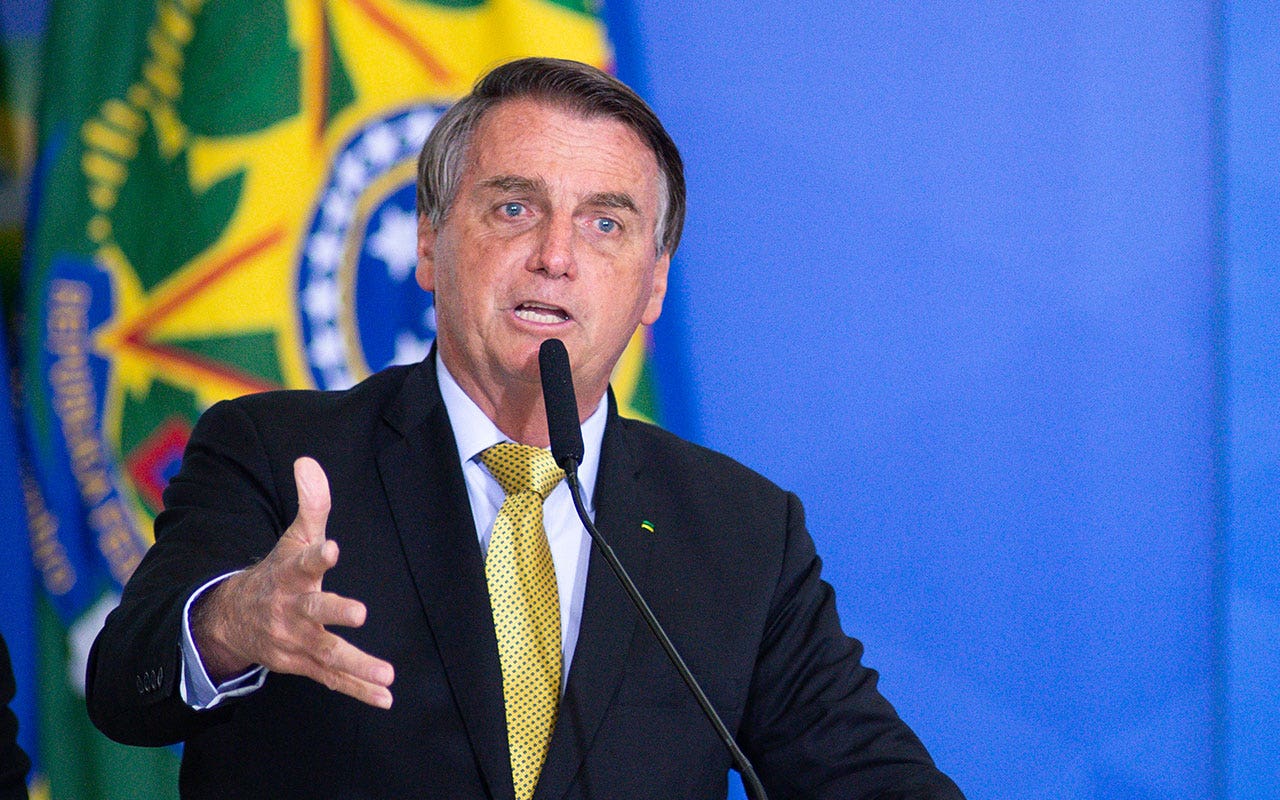Israeli Prime Minister Benjamin Netanyahu’s shock eleventh-hour announcement Thursday to hit the brakes on a long-awaited and widely-celebrated Israel-Hamas cease-fire deal was fueled by political infighting and Hamas manipulation, sources said.
Netanyahu was supportive of the agreement — struck after intense 96 hours of negotiations brokered by Qatar, Egypt and the United States — but far-right Israeli Knesset members felt the war should continue until all of Hamas is defeated, people familiar with the infighting told The Post.
The breakthrough three-phase deal includes a 42-day cease-fire starting Jan. 19 in Gaza and both the release of Israeli hostages held by Hamas and of Palestinian prisoners held in Israeli custody.
However, the far-right ministers threatened to quit the government if Netanyahu didn’t commit to restarting the war after 42 days. The cease-fire was not guaranteed to continue beyond that first phase of the deal, but the agreement included a good faith commitment from both sides to enter negotiations for the full withdrawal of Israeli forces from the war-ravaged Palestinian enclave.
 Members of Hamas’s armed wing, the Ezzedine al-Qassam Brigades, arrive in a vehicle at a street in Khan Yunis in the southern Gaza Strip on Jan. 15, 2025, amid the ongoing war in the Palestinian territory. AFP via Getty Images
Members of Hamas’s armed wing, the Ezzedine al-Qassam Brigades, arrive in a vehicle at a street in Khan Yunis in the southern Gaza Strip on Jan. 15, 2025, amid the ongoing war in the Palestinian territory. AFP via Getty ImagesWhile Netanyahu already has the votes in the Knesset to pass the cease-fire arrangement, he also needs the support of the far-right members of the legislative body to maintain control over his coalition.
“Far-right parties in Israel demand[ed] that Israel will continue the war against Hamas and object to IDF withdrawal from Gaza,” said Alex Mintz, a senior professor at Israel’s Reichman University.
“They also object to the release of terrorists with blood on their hands [from Israeli prisons.]”
Meanwhile, Netanyahu was also facing a dispute with Hamas, claiming early Thursday that the hold-up was due to the terror organization “withdraw[ing] from the explicit understanding agreed with the mediators and with Israel in a last-minute blackmail attempt.”
Former Knesset member Ruth Wasserman Lande told The Post that the terror organization was attempting to take advantage of the world’s hopes for the cease-fire to pull through following the major announcement on Wednesday.
“A terrorist organization like Hamas uses psychological terror and manipulation as weapons and hence tries to change its demands now that it knows that the expectations of the Israeli public are high and that the internal pressure on the current Israeli government to deliver the hostages is high,” she said.
The conflict with Hamas reportedly involved demands that Israel not get veto rights over which Palestinian prisoners were released, Mintz explained.
“Apparently Hamas has demanded more terrorists with blood on their hands to be released from Israeli prisons,” he said Thursday before reports of the dispute’s resolution came out.
While the disagreement over the cease-fire has now been resolved, the deal will still require a majority vote in the Knesset to move forward.
However, sources close to the Israeli government say that is “highly likely.”
Israel will continue prosecuting its war until the cease-fire agreement is formally passed, Israeli military sources told The Post.
Overnight — just hours after the deal was internationally announced — Israel conducted airstrikes on “approximately 50 terror targets across the Gaza Strip,” the Israeli Defense Force said in a statement.
“The [Israeli Air Force] struck and eliminated Muhammad Hasham Zahedi Abi Al-RUs, a [Hamas] Nukhba terrorist who infiltrated into Israel on Oct. 7, 2023 and participated in the massacre at the Nova Music Festival,” they said.

 By New York Post (World News) | Created at 2025-01-16 19:15:06 | Updated at 2025-01-16 22:10:18
2 hours ago
By New York Post (World News) | Created at 2025-01-16 19:15:06 | Updated at 2025-01-16 22:10:18
2 hours ago








